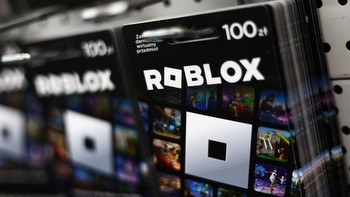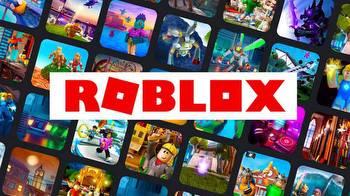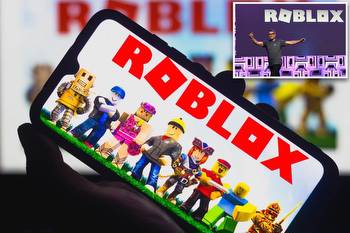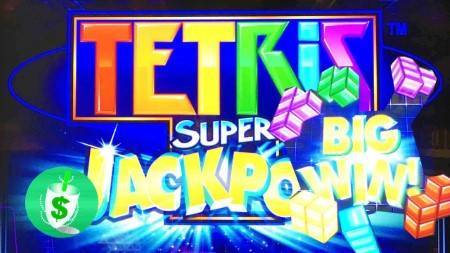Roblox facilitates “illegal gambling” for minors, according to new lawsuit

Place your bets —
Third-party sites use Robux transfers to power millions of dollars in wagers.
A new proposed class-action lawsuit (as noticed by Bloomberg Law) accuses user-generated "metaverse" company Roblox of profiting from and helping to power third-party websites that use the platform's Robux currency for unregulated gambling activities. In doing so, the lawsuit says Roblox is effectively "work[ing] with and facilitat[ing] the Gambling Website Defendants... to offer illegal gambling opportunities to minor users."
The three gambling website companies named in the lawsuit—Satozuki, Studs Entertainment, and RBLXWild Entertainment—allow users to connect a Roblox account and convert an existing balance of Robux virtual currency into credits on the gambling site. Those credits act like virtual casino chips that can be used for simple wagers on those sites, ranging from Blackjack to "coin flip" games.
If a player wins, they can transfer their winnings back to the Roblox platform in the form of Robux. The gambling sites use fake purchases of worthless "dummy items" to facilitate these Robux transfers, according to the lawsuit, and Roblox takes a 30 percent transaction fee both when players "cash in" and "cash out" from the gambling sites. If the player loses, the transferred Robux are retained by the gambling website through a "stock" account on the Roblox platform.
In either case, the Robux can be converted back to actual money through the Developer Exchange Program. For individuals, this requires a player to be at least 13 years old, to file tax paperwork (in the US), and to have a balance of at least 30,000 Robux (currently worth $105, or $0.0035 per Robux).
The gambling websites also use the Developer Exchange Program to convert their Robux balances to real money, according to the lawsuit. And the real money involved isn't chump change, either; the lawsuit cites a claim from RBXFlip's owners that 7 billion Robux (worth over $70 million) was wagered on the site in 2021 and that the site's revenues increased 10 times in 2022. The sites are also frequently promoted by Roblox-focused social media influencers to drum up business, according to the lawsuit.
Who’s really responsible?
Roblox's terms of service explicitly bar "experiences that include simulated gambling, including playing with virtual chips, simulated betting, or exchanging real money, Robux, or in-experience items of value." But the gambling sites get around this prohibition by hosting their games away from Roblox's platform of user-created "experiences" while still using Robux transfers to take advantage of players' virtual currency balances from the platform.
This can be a problem for parents who buy Robux for their children thinking they're simply being used for in-game cosmetics and other gameplay items (over half of Roblox players were 12 or under as of 2020). Two parents cited in the lawsuit say their children have lost "thousands of Robux" to the gambling sites, which allegedly have nonexistent or ineffective age-verification controls.
Through its maintenance of the Robux currency platform that powers these sites, the lawsuit alleges that Roblox "monitors and records each of these illegal transactions, yet does nothing to prevent them from happening." Allowing these sites to profit from minors gambling with Robux amounts to "tacitly approv[ing] the Illegal Gambling Websites’ use of [Robux] that Roblox’s minor users can utilize to place bets on the Illegal Gambling Websites." This amounts to a violation of the federal RICO act, as well as California's Unfair Competition Law and New York's General Business Law, among other alleged violations.
In a statement provided to Bloomberg Law, Roblox said that "these are third-party sites and have no legal affiliation to Roblox whatsoever. Bad actors make illegal use of Roblox’s intellectual property and branding to operate such sites in violation of our standards.”
This isn't the first time a game platform has run into problems with its virtual currency powering gambling. In 2016, Valve faced a lawsuit and government attention from Washington state over third-party sites that use Counter-Strike skins as currency for gambling games. The lawsuit against Steam was eventually dismissed last year.






































